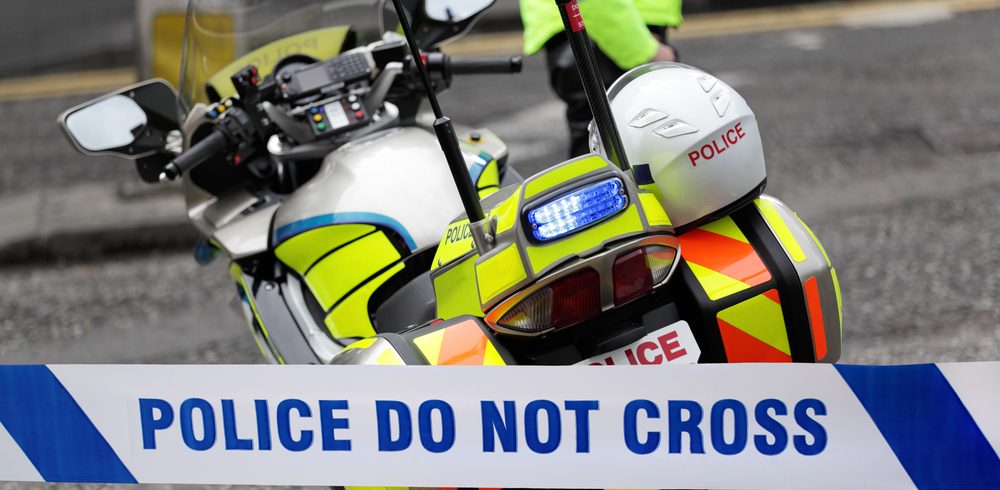Violent crime can have a profound impact on those affected by it. The victims, their families, and even those who witnessed the incident can all experience physical and psychological consequences. That is why those affected need all the support they can get. This includes the help provided by charities such as Victim Support, as well as the compensation offered, in certain cases, by the Criminal Injuries Compensation Authority (CICA).
In this post, we’ll answer the question “what do Victim Support do?” Further, we’ll outline some other sources of support for victims of violent crime. In particular, we’ll provide some advice on making a CICA claim, which can be an important step toward recuperating from any harm you have suffered.
Support for victims of violent crime
Being a victim of violent crime is a painful and upsetting experience. Alongside any physical injuries that result, it can have far-reaching psychological and emotional consequences. It can also have an impact on your employment and your relationships.
Given this, it’s important that victims are aware of the different kinds of support available.
If you have reported the crime to the police, or are intending to do so, they will be able to directly refer you to a support service providing tailored help, including specialist support if it is needed.
However, you should be aware that you do not need to report a crime in order to access some support services for victims, including Victim Support.
In the following section, we’ll consider the help that Victim Support can offer, before looking at some of the other ways you can receive support as a victim of violent crime. In particular, we’ll focus on making a CICA claim for compensation as a way to help you recover from the effects of the incident.
Who are Victim Support?
Victim Support are an independent charity supporting victims of crime and other traumatic incidents across England and Wales. The first local Victim Support scheme was set up in Bristol in 1974, and their national helpline was established in 1998. They can not only help those directly affected by violent crime, but also their friends and family, as well as others affected (witnesses, for example). All the help they offer is free of charge and can be provided for as long as it’s needed.
Let’s look more closely at the kinds of support they offer and how to access it.
What do Victim Support do?
Victim Support offer both practical and emotional support to victims of crime. There is no time limit on the support they offer – the crime can have occurred at any time in the past. As mentioned above, you do not have to have reported the crime to the police for them to help you.
Practical support
At a practical level, Victim Support can help in various ways. They can assist you with admin tasks such as filling out forms – if you need to claim insurance, for instance – and support you in getting medical treatment. They can also provide advice on dealing with the criminal justice system. At the most immediate level, they can help you get any necessary repairs done if, for instance, your property was damaged as part of the crime.
Emotional support
Resolving pressing practical problems can be extremely difficult in the aftermath of a crime. However, just as significant is the emotional impact. Victim Support can also help you through the mental and emotional fallout of violent crime.
They can do this by offering you the chance to talk through your experience and giving you feedback and advice. They can discuss the various options you have for moving forward, and, more generally, just give you an opportunity to process what has happened.
Victim Support can also refer you to more specialist services if necessary. For instance, though they do not offer professional counselling, they can refer you to those who do, if this would benefit you.


Other types of support
In addition to the above, Victim Support also provide:
- Advocacy for victims of crime
- Peer support and group-based services
- Restorative justice
As you can see, the range of services they offer is extensive. Whatever consequences you may be struggling with as a result of a violent crime, it is likely they will be able to help – or refer you to those who can.
But how can you access these services?
How to get in touch with Victim Support
There are a variety of ways to get in touch with Victim Support. Whatever your preferred method of contact, and whichever forms of communication you have access to, there will be an option to suit you.
Firstly, you can contact your local Victim Support office directly. If you are in England, the full list of local offices can be found here. Alternatively, the list for Wales is available here.
Additionally, their national Supportline is available 24/7 to provide confidential information and support over the phone. You can call the Supportline free on 0808 1689 111. There is also an email Supportline available using the contact form on their website. Their website also offers a quick and simple webchat service.
Finally, you can set up a My Support Space account. My Support Space is an online resource set up by Victim Support to provide a centralised hub for a range of services. By setting up an account, you will be able to access various different kinds of help, including interactive guides. You will also be able to request direct support.
Other forms of support for victims of violent crime
As is hopefully clear from the above, Victim Support is an excellent service for victims of violent crime. They can offer you tailored support to help you recover from the impact of crime, even if you were only indirectly affected.
However, there are a number of other sources of support you should be aware of. These include:
- Victim and Witness Information
- Victim Contact Scheme
- Criminal Injuries Compensation Scheme
Let’s look at each of these in turn.
Victim and Witness Information
Victim and Witness Information is a website operated by the Ministry of Justice. Its goal is to direct victims of crime to relevant specialist support services. You can enter your postcode to be directed to a local support team who will provide free help. There are also links that will guide you to services relevant to your situation.
Victim Contact Scheme
The Victim Contact Scheme is intended to support victims of violent crime when the offender has been sentenced to 12 months or more.
If you join the scheme, you’ll be assigned a Victim Liaison Officer. They will keep you updated on how long the offender will remain in prison, as well as if there are any changes to their sentence. They will also notify you when the offender is up for parole and help you to make a victim statement at the parole hearing if you would like to do so. You can also challenge a parole decision if the offender is declared safe to release.
Finally, they will advise you on applying for a licence condition – this will prevent the offender from doing specific things when they are released. For instance, if you want them to be prevented from contacting you, this can be part of a licence condition.
Criminal Injuries Compensation Scheme
The Criminal Injuries Compensation Scheme is administered by the Criminal Injuries Compensation Authority (CICA). Its purpose is to provide compensation for victims of violent crime. Whether your injuries are physical or mental, a CICA claim can be extremely helpful in supporting your recovery. Whether you need help with medical costs or to offset lost earning that resulted from any injuries, compensation can be vital.
Unlike the aid offered by Victim Support, however, you will need to make a CICA claim within two years of the incident. Further, the crime must have been reported to the police. Finally, you must have explored other avenues for receiving compensation, as well as pursuing any possible insurance claims and seeking any relevant benefits.
If you have done all this and feel that you have not received sufficient compensation to support you through your recovery, or that you are still struggling with the effects of the incident, you should consider making a CICA claim. In order to do so, however, it can be very helpful to seek professional legal support.


HNK can help with your CICA claim
Here at HNK, our solicitors have extensive experience in helping victims of violent crime to seek compensation. We understand the serious impact that violent crime can have, and we can offer sensitive and tailored support through the whole claims process. We can help to ensure your case is presented in the most effective way and that all the necessary deadlines in the process are met. CICA claims can often be rejected for technicalities and having expert help is the best way to avoid this.
We offer free consultations to discuss your case, so if you have been the victim of a violent crime, get in touch today to see how we can help. If we do think you could be entitled to CICA compensation, we can take up your case on a no-win, no-fee basis. You can simply fill out the form on our website to request a call back. Alternatively, call us on 0151 203 1104 or email us at enquiries@hnksolicitors.com.







